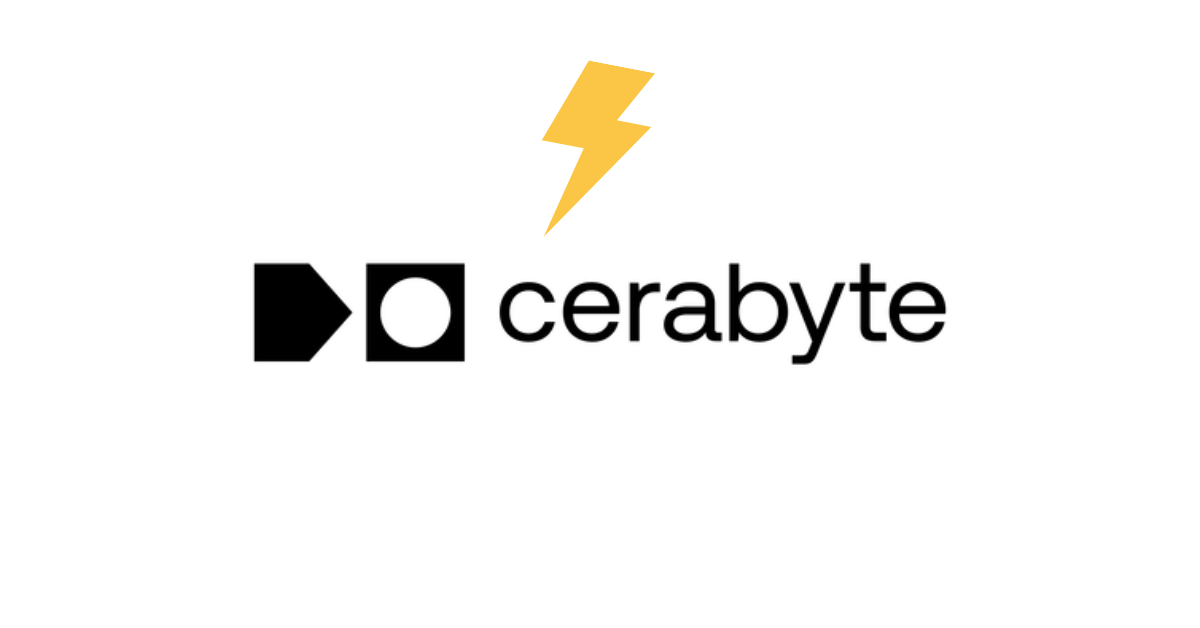Munich-based startup Cerabyte has caught the tech world’s attention by revealing a snippet of a presentation set to feature at the 2023 Storage Developer Conference in California. Christian Pflaum, Cerabyte’s CEO and co-founder, will share groundbreaking details about the company’s unique ceramic nano-memory technology. Utilising ceramic layers as thin as 50 atoms and as thick as 300µm, the company claims to achieve read and write speeds in the GBps class.
To provide some perspective, existing hard disk drives max out at 0.02TB/cm^2 in terms of areal density. Even future hard disk models won’t exceed 0.1TB/cm^2. In contrast, Cerabyte’s ceramics technology supports an impressive TB/cm^2 areal density.
Innovative features and challenges
The server racks set to launch in 2025, will boast an initial capacity of 10PB, scaling up to a staggering 100PB by the end of the decade. Further down the line, Cerabyte plans to release a 1EB (one billion Gigabytes) CeraTape with 5µm-thick ribbons coated with 10nm ceramic. Pflaum assures that this technology is ideal for various storage solutions like cold storage, lifetime cloud storage, and unlimited cloud storage.
Target markets and cost implications
Cerabyte intends to focus primarily on hyperscalers, enterprises, and data centre operators. The total addressable market is expected to balloon to $500 billion by 2030, a six-fold rise compared to this year. The company also promises a significant reduction in Total Cost of Ownership (TCO) by up to 75%. This is due to zero power consumption at rest and incredibly high data density.
While the price point remains undisclosed, it is anticipated to be a low-cost solution.
Durability and future prospects
Ceramics are known for their hard-wearing nature, making them ideal for use under extreme conditions, such as high or low temperatures. It’s still uncertain whether Cerabyte will integrate the read/write mechanism with the storage medium or offer them separately. The data can be written and read using advanced methods like laser or particle beams, organised in QR-code-like matrices.
In terms of longevity and sustainability, Cerabyte’s media is fully recyclable and consumes low power, offering a strong value proposition. The technology is poised to challenge existing paradigms in storage density, cost, performance, and sustainability, potentially guiding us into the Yottabyte Era.
—
If you are looking revolutionise the software/data sector, you need the right people. This is something we can help with. Speak to a PL Talents recruitment expert today.

